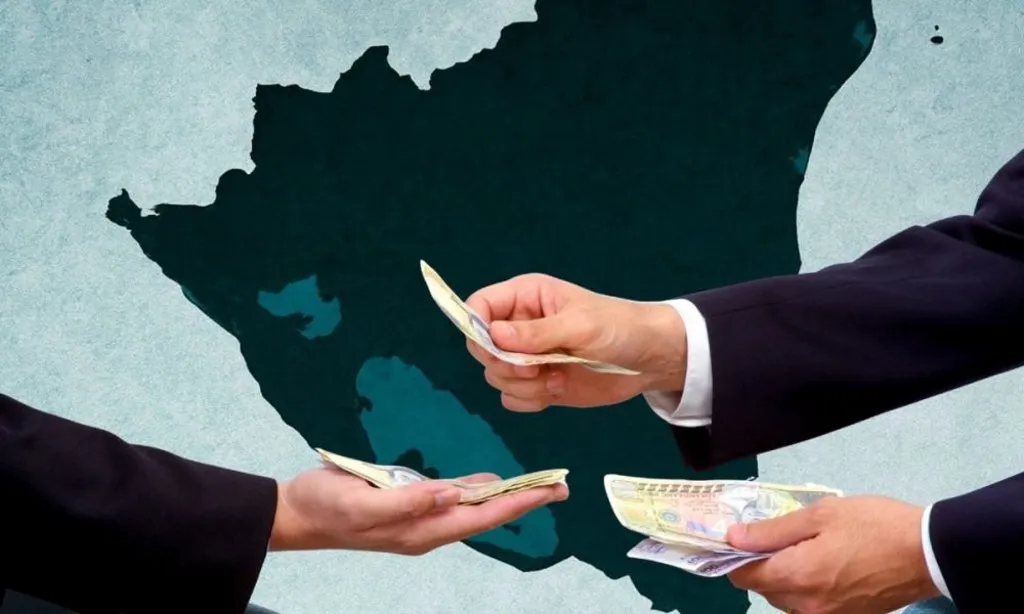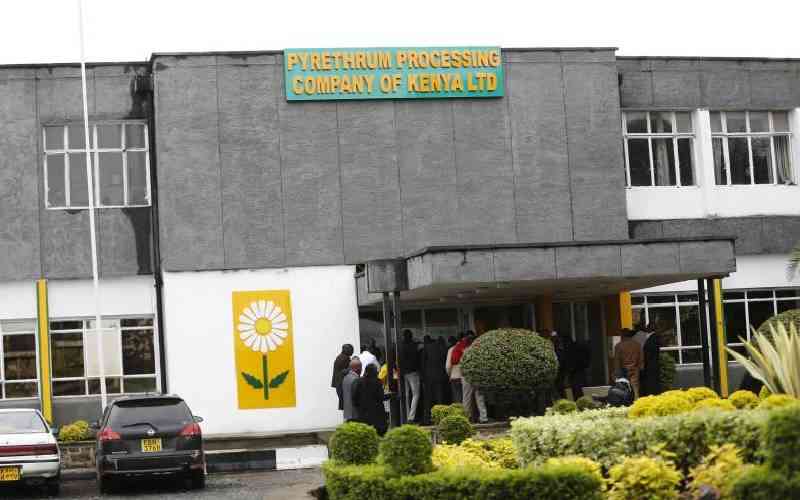Nicaragua’s investment climate is worsening, with increased scrutiny and risks of illegal activity for business owners.
By Q24N
Copyright qcostarica

Q24N — Once again, the United States Department of State warned of the dangers of investing in Nicaragua and advised that extreme caution and due diligence be exercised when doing so.
As part of the growing deterioration of the investment climate, it detailed that the constitutional reform, effective February 2025, abolished judicial independence; a new foreign investment law designed to control and monitor the situation was approved; the rule of law is not fairly enforced; there is no predictable business environment; and corruption is rampant because the legal framework that criminalizes it is not enforced.
The Nicaragua Investment Climate Statement 2025 report, published over the weekend and updated annually, acknowledges that the worsening deterioration of the business climate occurs despite the fact that, amid systematic repression and growing poverty, Nicaragua continues to display stable macroeconomic fundamentals.
These include a sustainable debt burden; a well-capitalized national banking sector and a record level of international reserves, which, according to the most recent report from the Central Bank of Nicaragua (BCN), stood at US$7.2 billion as of June 30, 2025.
But while the macroeconomy is robust, according to the document, authorities continue to plague the investment climate with reputational risks and arbitrary regulations, as they “continue to unjustly detain political prisoners, forcibly exile citizens, confiscate private property, and violate and dismantle the rule of law,” the document details.
Law to Control and Oversee Investment
The report warns investors that although Nicaragua has laws related to foreign investment, “their implementation, enforcement, and interpretation are subject to corruption and political pressure.”
It also explains that Law 1240, the Foreign Investment Law, which was approved in February and entered into force in May 2025, is designed to exercise control and oversight over Foreign Direct Investment (FDI) in the country.
Law 1240 established that investments must be registered to remain in the country; this was previously voluntary. Other requirements include that investors submit quarterly compliance reports and statistical data to the Central Bank. In addition, it created the National Commission on Foreign Investment (CNIE), which is headed, in his capacity as presidential investment advisor, by the dictators’ son, Laureano Ortega Murillo, who has even been sanctioned by the United States since April 2019.
Laureano Ortega Murillo will coordinate the CNIE, which will select the investments that receive registration to remain or enter the country; and the Secretariat for the Promotion of Investments and Exports (SPIEX), which he also directs, will act as the CNIE’s technical secretariat.
The National Commission on Foreign Investment will meet when Ortega Murillo calls it and will report to three officials: the president of the Central Bank, Ovidio Reyes; the head of the Ministry of Development, Industry, and Commerce (Mific), Erwin Ramírez; and the executive director of the National Commission of Free Trade Zones (CNZF), a position held on an interim basis by Fernando Diego Sánchez Solórzano since June 2023.



